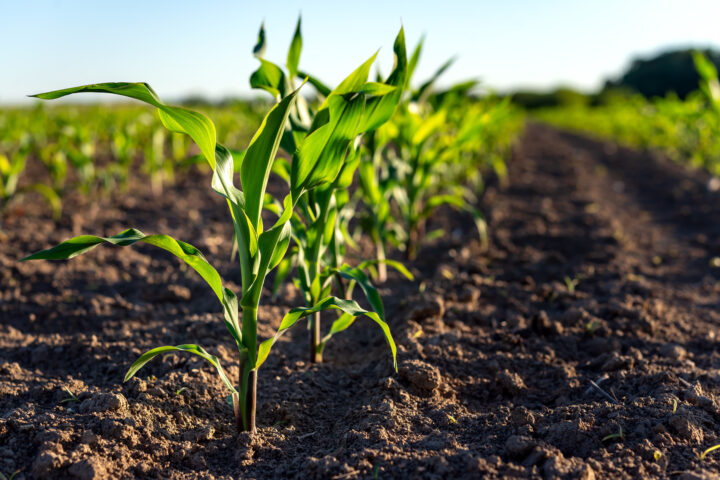
Vegetables protect fruits - and vice versa
Plastic packaging in the grocery trade protects fruit and vegetables from spoilage, but also creates considerable amounts of waste. Together with the Empa, Lidl Switzerland has now developed a protective wrap for fruit and vegetables that is based on renewable raw materials.
Tuesday, January 4, 2022
To protect fruits and vegetables from spoilage during transport and storage and thus prevent food waste is one of the major challenges in the food chain. Researchers from the Federal Materials Testing and Research Institute (Eidg. Materialprüfungs- und Forschungsanstalt, Empa) have now developed a cellulose protective layer for fruit and vegetables together with Lidl Switzerland. The new cellulose protective layer is made from pomace - the solid residues of squeezed fruit and vegetable peels. Fruits and vegetables coated with it stay fresh much longer. The coating is either sprayed onto the fruit or applied to the products as an immersion bath, and washes off easily.
Efficient use of residues
The innovative solution not only reduces packaging and spoilage, but the solid residues that remain after squeezing the juice from fruit, vegetables or plants are also optimally reused. Until now, these plant residues ended up in biogas plants or were disposed of directly onto fields. In the future, these residues can be used to create a protective coating for fresh fruits or vegetables. Since they are safe for the consumer, they can be ingested along with the food without problem, according to the Empa. The potential of cellulose coating is by no means exhausted: additives such as vitamins or antioxidants, etc., can also be added.
Over the next two years, the cellulose layer developed at the Empa will be tested and further improved together with Lidl Switzerland and a fruit and vegetable supplier. The aim is for the new technology to be deployed in all Lidl branches in Switzerland after successful completion of the main study.
Longer shelf life with new plant varieties
Improving the shelf-life of fruits and vegetables or avoiding packaging is also an important goal of cultivation. Syngenta, for example, has developed a cucumber that does not require taboo plastic packaging. Though it sounds simple, it actually requires a great deal of expertise in breeding, because when you add one trait you can easily lose another. However, a variety should still meet all requirements as much as possible: For example, the farmer wants pest resistance, drought tolerance for dry spells, or simultaneous ripening of crops, such as vine-grown tomatoes, as this makes harvesting easier and also reduces waste. For processors, properties such as consistent starch content in grain or as little preparation waste as possible in are important attributes. Appearance, taste, shelf-life and transportability are especially important for the retail trade when it comes to unprocessed products such as vegetables and fruits. Consumers want long-lasting freshness and shelf-life, as well as positive plant traits that help the plants remain young and healthy for a long time. Modern breeding methods such as genome editing make it easier to add or eliminate specific traits of a variety.
Related articles

‘No genetic engineering’ is simply not an option!
For years, politicians and environmental organisations have been stirring up unnecessary fears about a technology that has been helping to conserve resources and protect the environment for decades, while improving the quality and tolerability of food and cosmetics. It is time to put an end to this consumer deception.

«The protection of cultures is no longer guaranteed»
Swiss agriculture is in a tight spot when it comes to crop protection. At the Swiss-Food Talk on July 1, 2025, three producer representatives described how bans, the lack of alternatives, and lengthy approval procedures are putting pressure on their crops.

Chasing Misinformation Feels Like Herding Cats
Science fiction has a way of masquerading as science fact — until someone like me comes with a bucket of cold, hard evidence. But let’s be real: debunking nonsense takes exponentially more effort than producing it. Jonathan Swift knew it in 1710, and here I am, centuries later, still speaking my truth before the next viral misinformation dumpster fire.

Climate protection must not jeopardise food security
Agriculture is increasingly under pressure to become climate-neutral. But how can this be achieved without jeopardising food security? In the agricultural policy podcast, Hannah von Ballmoos-Hofer, head of the energy division at the Swiss Farmers' Union, emphasises that climate protection is important, but must not come at the expense of food security.

